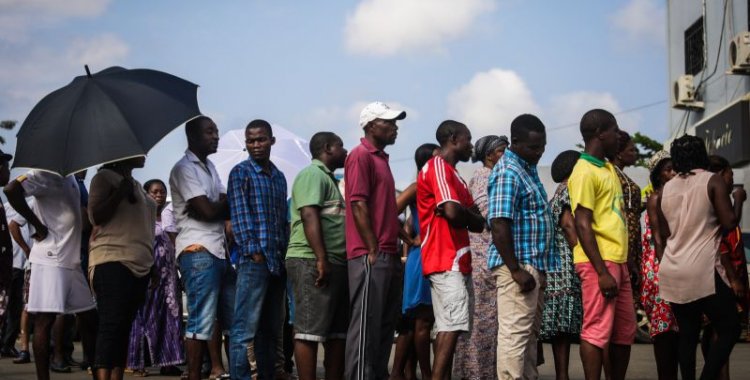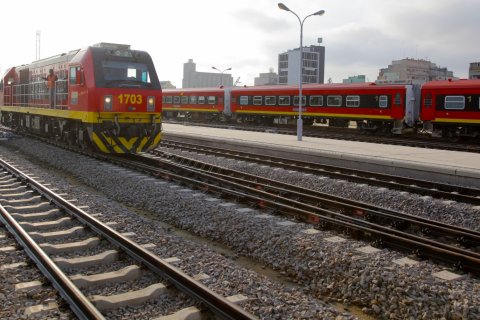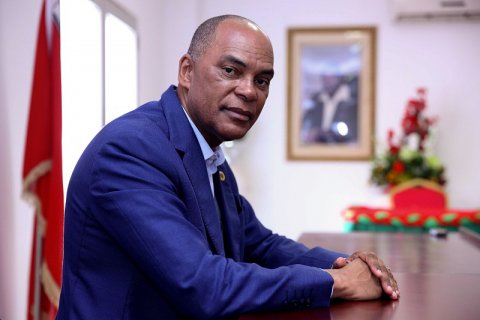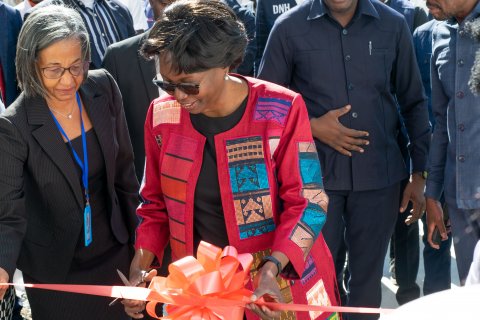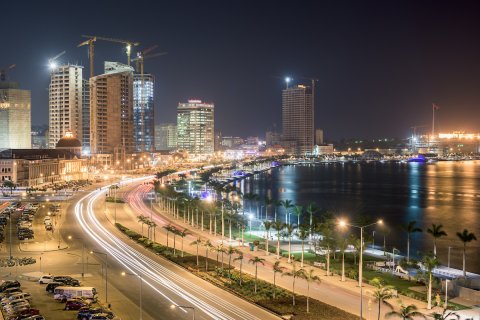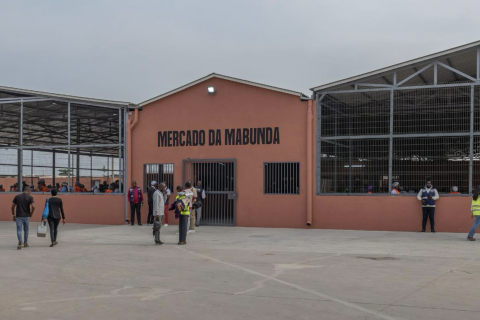"The number of Angolans registered to vote in Portugal is around 6000 in Lisbon and 1600 in Porto, less than 10 percent of the total number of Angolans living in Portugal, whose number is around 80 thousand", said Carlos Alberto Fonseca, at a press conference this Monday in Lisbon.
At the meeting with journalists, which served to launch Wednesday's elections, the ambassador said that the value of less than 10 percent "is a sign, it is symbolic, but it is a starting point, and in the next elections there should be more people participating in the elections".
Angolans residing in Portugal who have registered and are in a position to vote will be able to exercise their right to vote between 7 am and 5 pm at the Angolan consulates in Lisbon and Porto, which "will be open only for this purpose".
"It is the first time that Angolans will vote abroad, corresponding to a promise made by the head of state during a visit to Portugal, in 2018, and Angolans will be able to fulfill this dream, which is to choose their representatives for the National Assembly and the legitimate representatives of the Angolan people", added the ambassador.
At the meeting, Carlos Alberto Fonseca explained that although the 10 polling stations in Lisbon and the three polling stations in Porto will close at 5 pm, if there is a queue, the polls will remain available for those who are waiting.
"The opening is at 7 am until 5 pm, and as provided by law, when the time for the end of the vote arrives, the right to exercise this right will not be restricted; given the flow of people, it may happen that not everyone has voted within the period given the turnout, but whoever is in the queue will be able to exercise their right to vote", stressed the ambassador.
Asked about the difference that in Portugal there is no point tolerance for voting, as in Angola, Carlos Alberto da Fonseca said that it is natural that this happens because it is different to be in Angola or to be abroad.
"We are in different countries from ours, here Angolans are governed by Portuguese law, as is natural, and voting day is not a public holiday or point tolerance, they are limited to the Portuguese calendar, it is an exercise that they will have to do, they will have to organize their lives in order to participate and exercise this civic right", said Carlos Alberto Fonseca, guaranteeing that "the conditions created are the best to be able to vote".
Asked about the possibility of instability following the elections, the ambassador downplayed the fears expressed by many analysts.
"Whenever there have been elections in Angola, apart from the first ones in which after the tragedy there was still a destructive war, when a party did not accept the results and resumed the war, after that there were four more elections and what you hear is that you always think this idea that after, or during, or before, there will be this or that, but naturally after the elections, it is seen that this does not happen, democracy has its rules and they must be followed by everyone", said Carlos Alberto Fonseca, concluding that "accepting democracy is accepting when you win and when you lose, not accepting when you win and rejecting when you lose".
More than 14 million Angolans, including those residing abroad, are eligible to vote on 24 August, in what will be the fifth election in Angola's history.
The 220 members of the National Assembly are elected by two methods: 130 members are proportionally elected by the so-called national constituency, and the remaining 90 seats are reserved for each of the country's 18 provinces, using the d'Hondt method, in which each one elects five parliamentarians.

